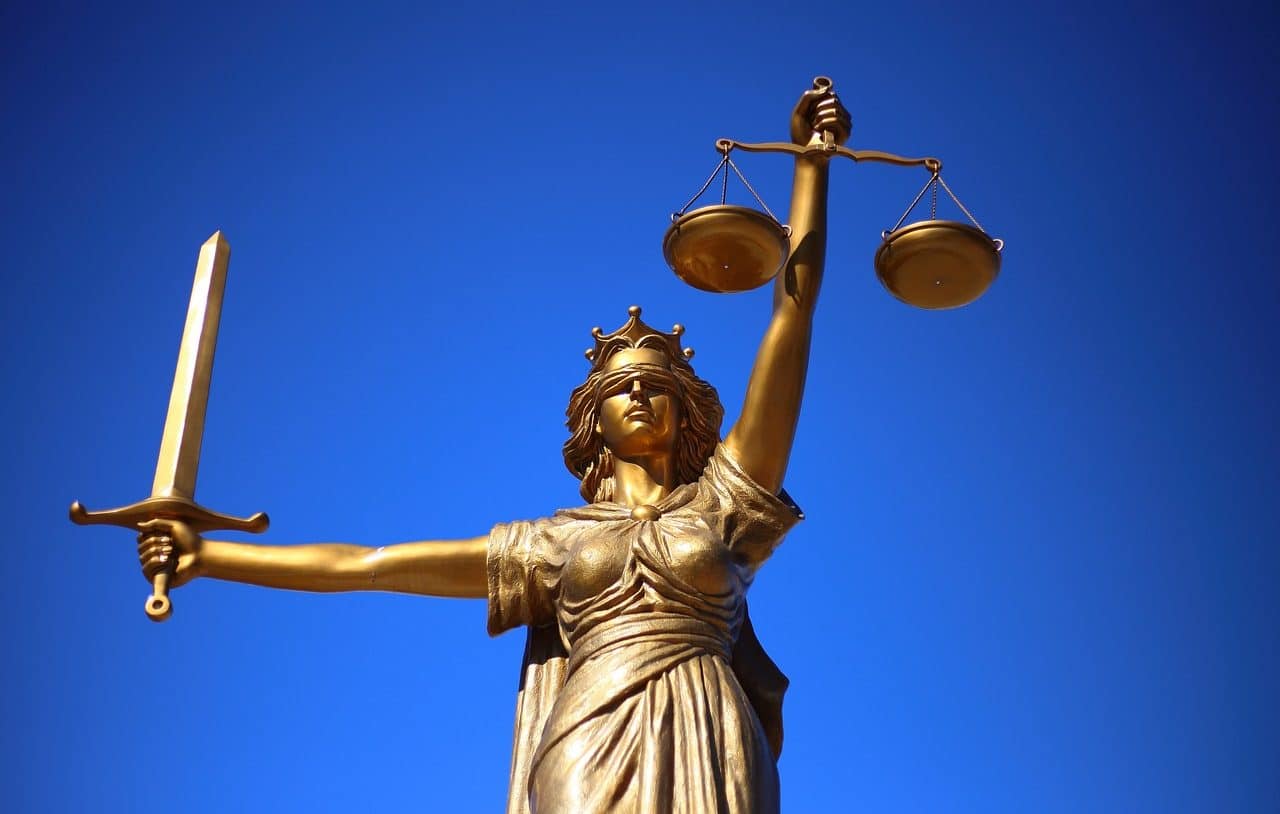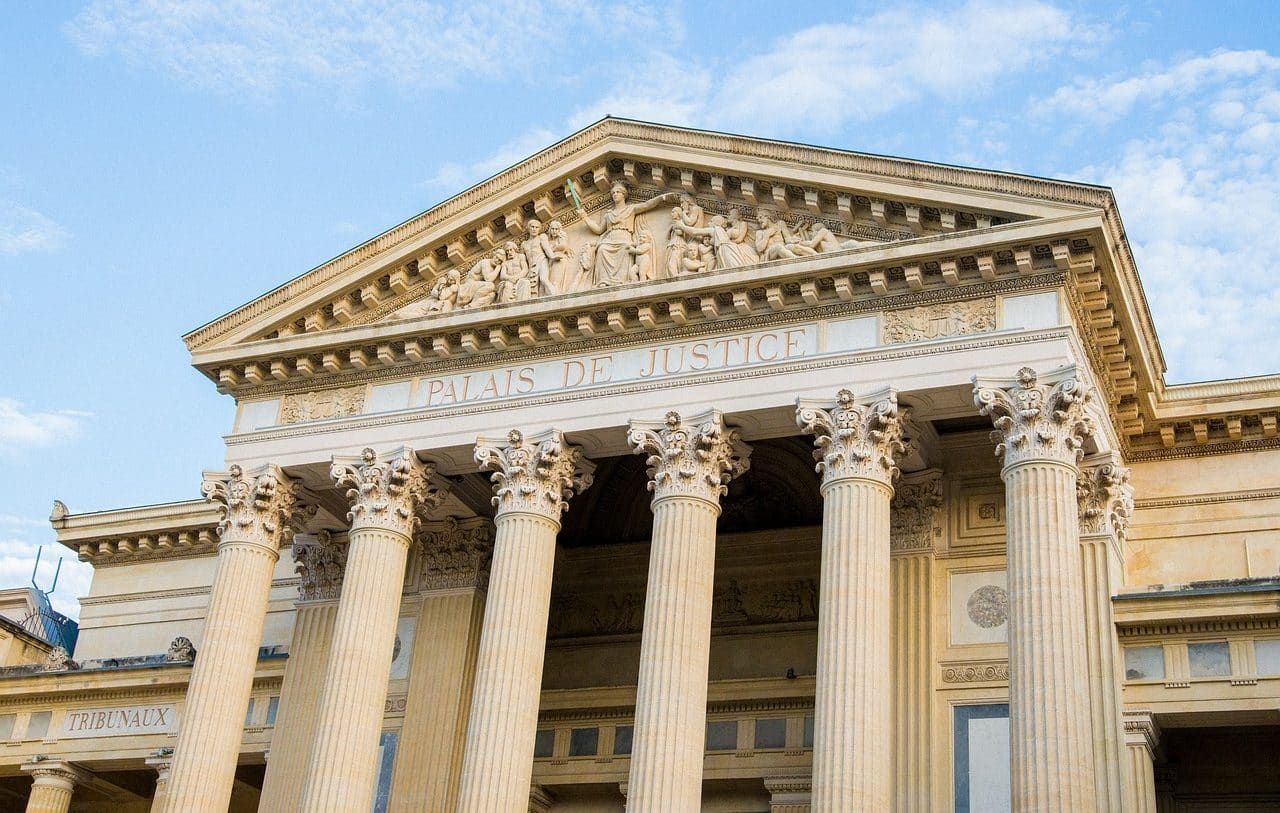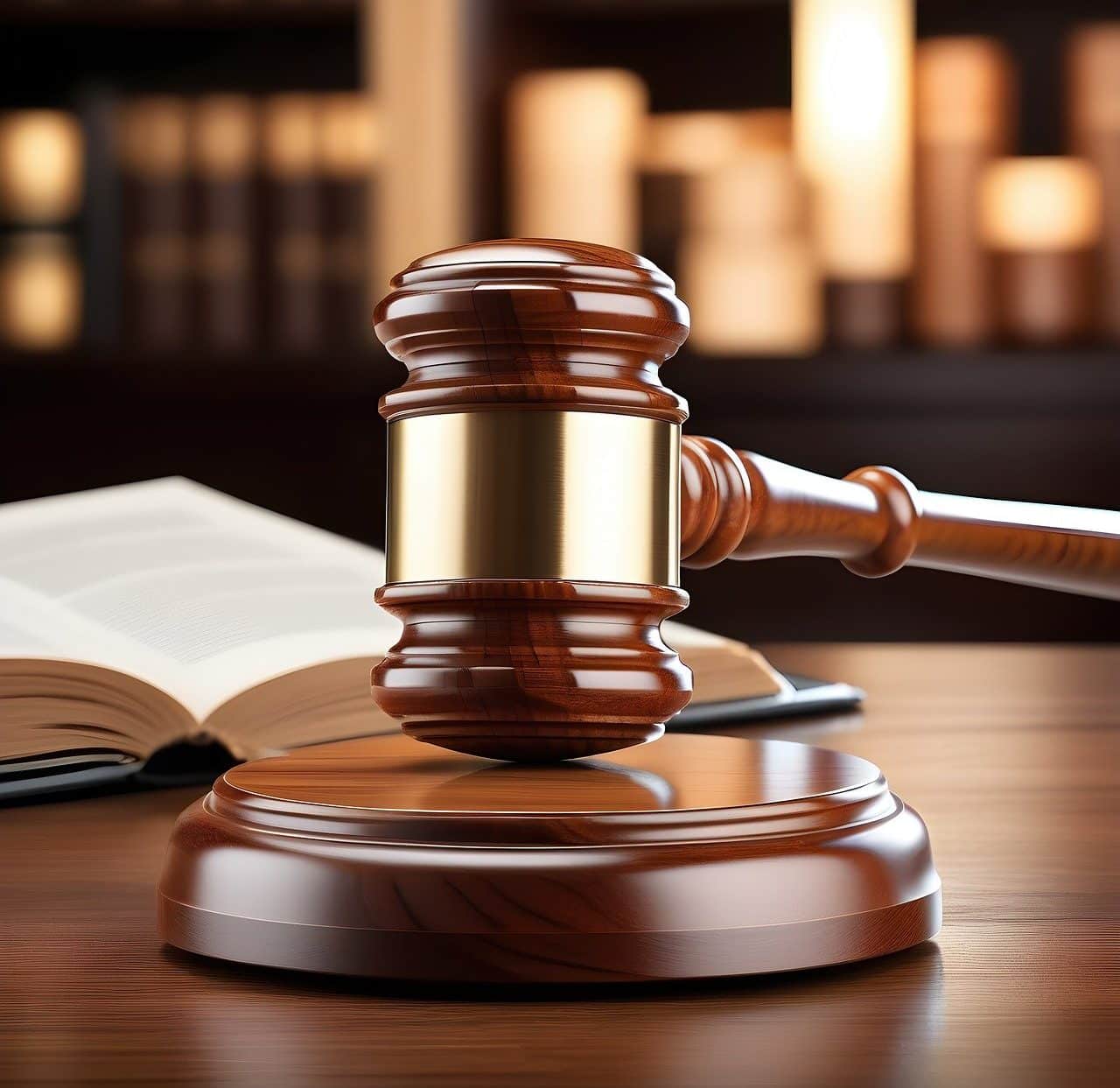
Constitutional law safeguards the principle of legality.
Constitutional law is the branch of law responsible for analyzing and controlling the fundamental laws that govern the State . Its object of study is the form of government and the regulation of public powers, both in its relationship with citizens and between its different bodies.
It is possible to determine that constitutional law is responsible for carrying out the study of the theory of human rights . It also examines legal principles linked to power, the Constitution and the State in general, considering issues such as civil liberties and the separation of powers , for example.
It should be noted that political power is formed by the institutions to which society has given the monopoly on the use of violence . That is, political power has the coercive capacity to force compliance with its imperative mandates through legitimate violence, as long as this use is necessary.
Characteristics of constitutional law
Constitutional law, which belongs to public law , is based on the Constitution , a legal-political text that bases the ordering of political power. The Constitution is the supreme rule of a country, so it prevails over any other regulation or law. This allows us to speak of constitutional supremacy .
The Constitution is characterized by its rigidity , since it can only be modified under certain exceptional conditions that are included in its own text. The constitutional structure includes a preamble , a dogmatic part (with the fundamental procedural and substantive rights) and an organic part (with the creation of the constituted powers).

A constitutional court is the main jurisdictional body in matters of constitutional law.
The case of Spain
In the case, for example, of the Spanish Constitution , which dates from 1978 , it is made up of a preamble ; a dogmatic part that presents the preliminary title and the first title; an organic part that goes from the second title to the tenth title; and finally a set of provisions (four additional, nine transitional, one repealing and one final).
It is important to emphasize that in the aforementioned constitutional preamble, respect for human rights, democratic values, the consecration of the rule of law and the set of fundamental objectives established by the Constitution as a goal to be achieved take center stage.
In the dogmatic part, for its part, the fundamental rights as well as their guarantees, the guiding principles of social and economic policy and finally the constitutional principles are taken into account. These are none other than the superior values of the legal system (equality, freedom, political pluralism and justice); the affirmation that Spain is a social and democratic State of law; and a set of principles of political organization. In this case, the parliamentary monarchy , the unity of the Spanish nation and interterritorial solidarity take center stage, among other fundamental issues and pillars within the European country.
On the other hand, what the organic part does is develop the design of the division of powers.

Legal certainty is usually considered a constitutional right.
Doctrinal principles of constitutional law
Among the doctrinal principles of constitutional law, there appears the aforementioned division of powers (Legislative Branch, Executive Branch and Judicial Branch), which is considered key in a democracy .
Also the protection of the rule of law (state power subject to a legal order), national sovereignty and fundamental rights (through the stability and control of constitutionality, which is the legal mechanism that guarantees compliance with constitutional norms).
human rights
Human rights are often considered to be a key component of the Magna Cartas and, therefore, a central object of interest of constitutional law. These rights are associated with faculties or powers inherent to the human being or that emanate from their condition. They are also linked, in many cases, to the protection of the individual against the actions of the State.
Most countries have a codified constitution that includes a bill of rights. The Universal Declaration of Human Rights in the Charter of the United Nations (UN) is an example of this codification, which seeks to ensure that governments promulgate and respect norms of this nature. Thus, the right to life, the right to health, the right to work, the right to education and freedom of expression acquire constitutional rank.
There are nations, however, that lack a document intended to enshrine fundamental rights. In those cases, the Constitution is formed by laws, conventions and jurisprudence.
For all this, the control of constitutionality carried out from constitutional law is very important to resolve regulatory conflicts. In this way, equality before the law can be ensured and individual freedoms and the essential rights of citizens can be preserved. When, for any reason, a violation of the Constitution occurs, all people's rights can be threatened since they emanate from the higher-ranking norm.
